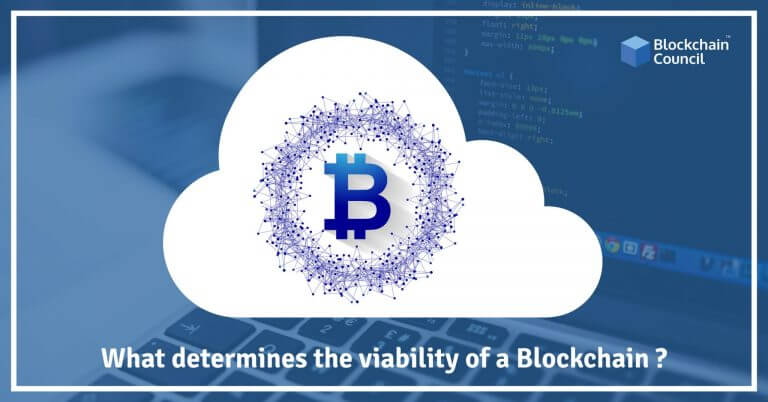
- Toshendra Kumar Sharma
- February 05, 2018
Blockchains have received a lot of media attention recently because of the meteoric rise in price that various cryptocurrencies have seen in 2017. Despite the media frenzy, not enough attention has been given to other aspects of Blockchains which could fundamentally transform the way we do business. At its core, a Blockchain is a distributed public or private ledger that is absolutely tampered proof because of the network participants securing the network with their computational resources.
Being tamper proof differentiates Blockchains from traditional databases where a bad actor could potentially doctor the records for personal gain without leaving any trace. Such manipulations are not possible with Blockchains since records are tamper proof. Since Blockchains remove the need for a trusted intermediary to settle any transaction, there is more confidence in the security and integrity of the data. This makes Blockchains beneficial to several industries:
The Financial Industry
The Financial Industry is the most obvious and relevant industry for using Blockchains as the very core of Blockchains overlaps with a bank’s role as a store of wealth and a mechanism for providing transfer of value. By eliminating the middleman and ensuring trust between Blockchain users, several costs like, arbitration in case of disputes, could be brought down. As many as 45% of major financial institutions suffer from cyber attacks every year because they have more vulnerabilities as they have to rely on a central point of failure (their data centers). Blockchains are immutable because once a piece of data is time-stamped by the Blockchain, it is completely resistant to changes by any network participants.
Complying with Know Your Customer (KYC) and other similar due diligence regulation costs several hundred million dollars every year as companies have to ensure the veracity of documents themselves. Blockchain projects like Civic are trying to tackle this exact problem by using Blockchains to store KYC information of users that users have full control over. This also reduces the overhead of conducting independent identity checks and gives users more control over how their personal information is used.
The Real Estate Industry
The entire process of purchasing a house is currently riddled with excessive middlemen, which translates to additional fees and delays in this inefficient system. Currently, to buy a house, potential buyers have to pay about $400 to an escrow agent to clear the title of the property for them. Clearing the title of the property involves a visit to the county office to ensure that there’s no fraud in the title’s history. The entire process could take several days if not weeks and is bad for the consumer because of the high fees and delays.
Blockchains can significantly simplify the process by having a distributed shared ledger that holds all the information about property titles that is accessible to the general public. This would bring down the verification process from weeks to a few minutes. Blockchains not only save time in the situation but also make the process more transparent and secure due to the Blockchain’s immutability property.
The Medical Industry
Blockchains have a mechanism of regulating the power of transfers, called Multi Signatures. Multi-Signature is a digital signature scheme that ensures that a transaction only takes place if a certain number of people have signed off on it. This has immense use in the storage and sharing of people’s medical records. Multi Signatures would let users choose to share either the entire or parts of their medical history. The Blockchain ensures that the data is secure and untampered and only those with adequate permission can access the data.
The Medical Industry has also been in news in 2017 due to the infamous British National Health Services (NHS) hack that brought the country to its knees. The hack, which occurred due to an exploit in the Windows Operating System spread to thousands of computers in England and other regions and demanded payment in Bitcoin in order to unfreeze the computers. Sadly, this attack was caused due to improper cybersecurity measures employed by the NHS. Using Blockchains to store patient’s medical records also ensures that such a breach is impossible.





































































 Guides
Guides News
News Blockchain
Blockchain Cryptocurrency
& Digital Assets
Cryptocurrency
& Digital Assets Web3
Web3 Metaverse & NFTs
Metaverse & NFTs
